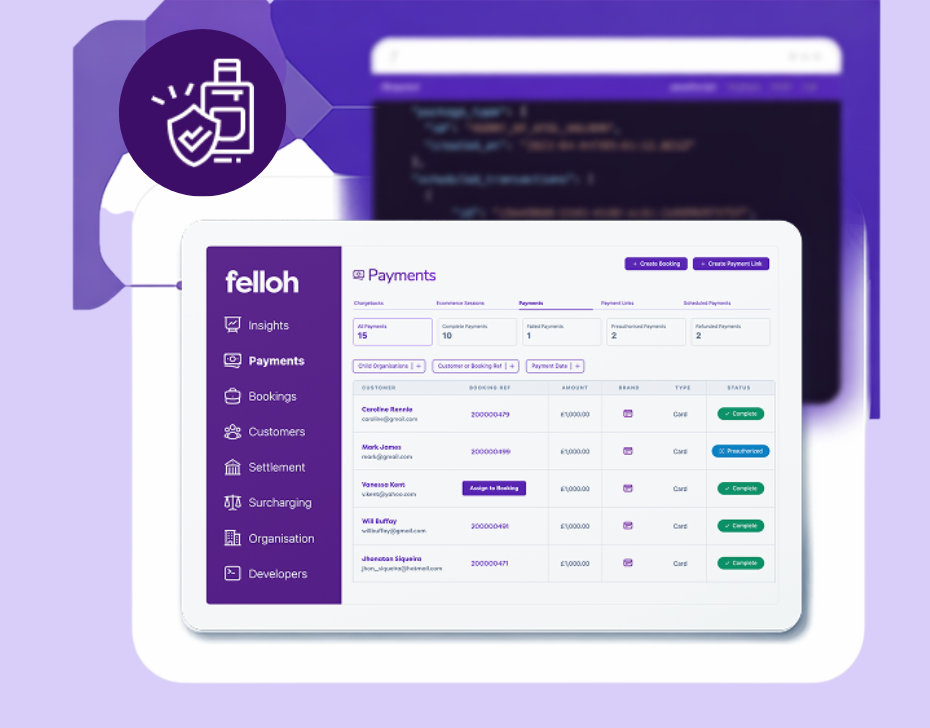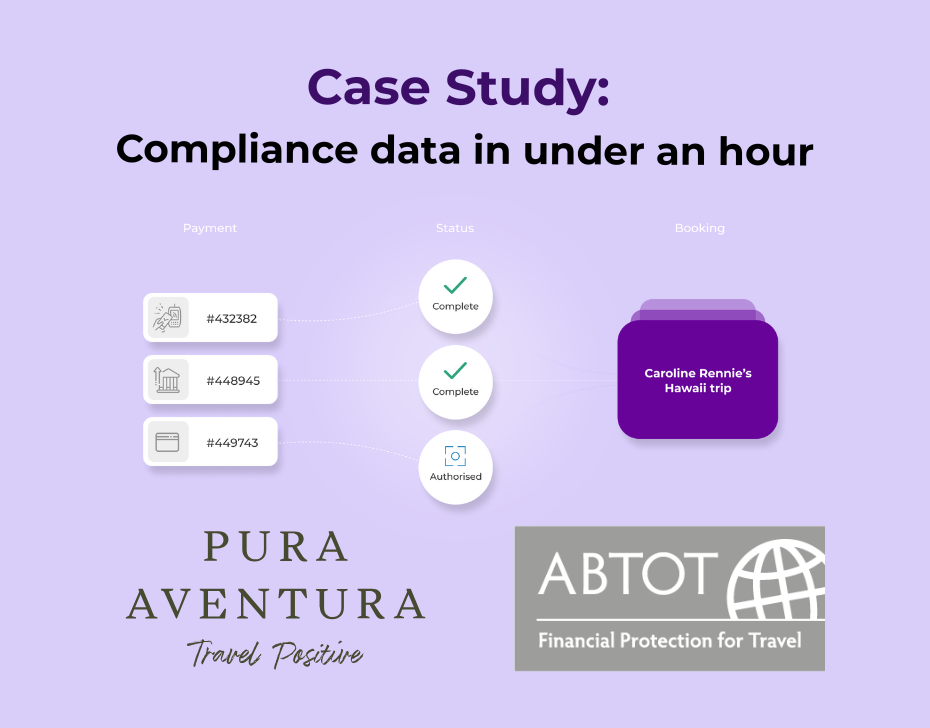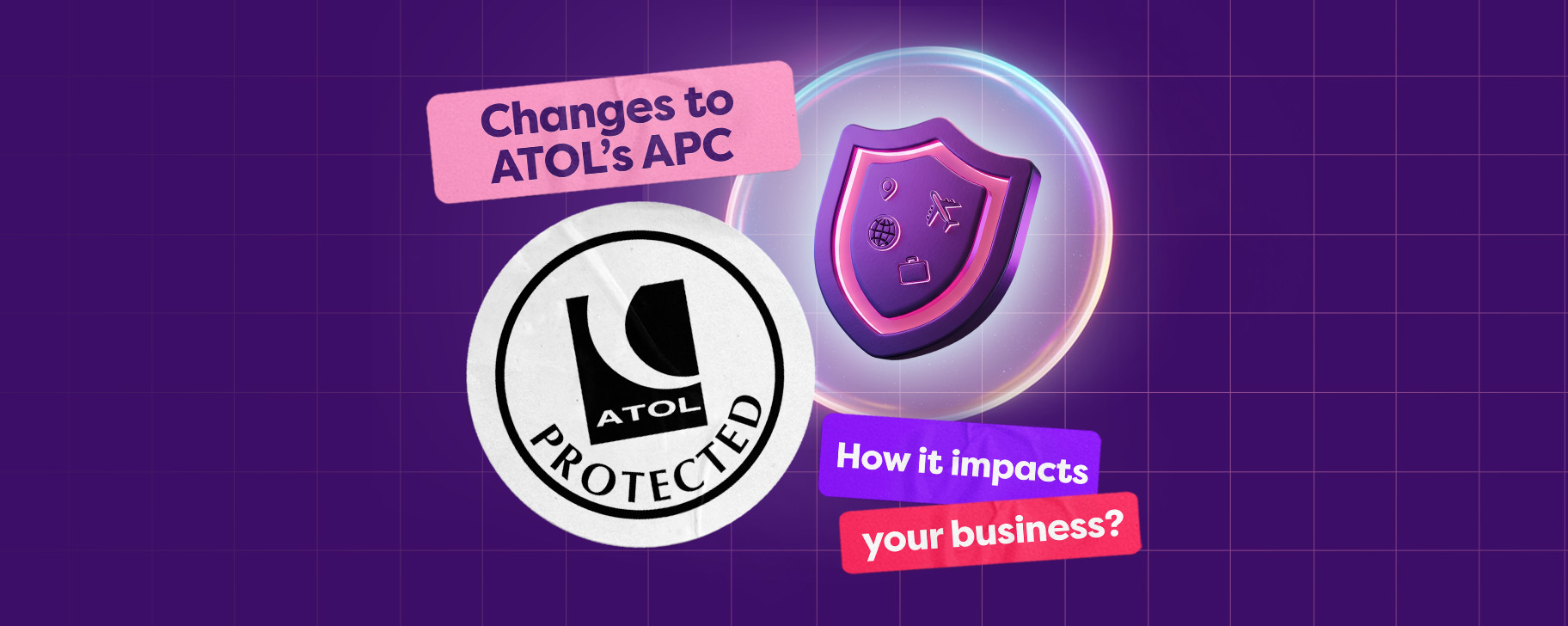ATOL reform programme is seemingly gaining momentum, from the initial consultation launched in April 2021, the CAA has worked with the industry to understand what changes could and should look like. At the ABTA Convention 2024 and the ABTA Law Seminar earlier in the year, the team at ABTA gave a thorough run through on the progress being made on ATOL reform to date. The good news is that the ATOL reform doesn’t appear to be using COVID19 disruption and impact as the benchmark for reform, it is forward looking and seems to be more concerned with vertically integrated ATOL licence holders than “black swan” events. From the update, there’s a direction of travel being pursued - and they’re focusing on the ATOL Protection Contribution (APC) Levy.
The APC Levy has, since its inception, been a flat fee to all passengers. Currently the APC is set to £2.50 regardless of the value of the booking or of any other customer fund protection that may be in place. From her update, Macfarlane indicated it is likely that the flat fee will be replaced with a variable fee.
How will variable APC work?
Based on the responses to the consultation, the proposed changes would change the levy to a range from £0.50 - £15, the CAA has put forward 3 possible approaches to making the APC variable:
Risk based pricing
The CAA applying a risk calculation at the point of renewal using similar calculations to insurance or bond underwriters would use to set premiums.
Value of booking based pricing
Tying the APC to a percentage of total booking or set based on pricing bands (e.g. under £250 might be £0.50, over £20,000 might be £15).
Hybrid of risk and value pricing
A mix of the two options above - so a business which was deemed low risk but high value would pay more than low risk low value but high risk low value might pay more than either of those.
The hybrid approach seems to be deemed as the most “fair” option - rewarding businesses who are demonstrably responsible with their customers’ money while acknowledging the higher value bookings may have higher repatriation costs to cover. Aside from the added complexity, the hybrid model does seem like an opportunity to reward better business practices and protection methods such as full segregation of funds receiving the biggest reward. Concerns about this approach include the additional complexity and the potential lack of transparency - this change may put an additional burden on the ATOL holder to calculate their APC payments. Hopefully, the reform will include more intelligent systems for paying the levy.
So, what can ATOL holders do to prepare for this change?
The consultations on ATOL and package travel regulations have been ongoing for years and without clear direction on what changes will come, travel businesses have a weight of uncertainty on how this might impact their business. In her talk at the ABTA Law Seminar, Paul Macfarlane, Senior Solicitor at ABTA, also mentioned the clear preference the CAA are showing towards segregation of funds or evidence of appropriate use of the client funds. This segregation could take many forms and may be rewarded through the variable APC depending on the level of protection:
- Total Trust segregation until return date of travel
- Trust segregation with release of funds for some supplier payments
- Trust segregation where all funds can be released to cover supplier costs
- Client account segregation - no Trustee involved but auditable client accounts
Michael Budge followed this point in the panel Q&A to say that the CAA is increasingly interested in the data which will enable you to demonstrate how funds are protected. Reading between the lines, we think this will mean that with either continual data or at the licence renewal phase. The first action that travel businesses can take today to prepare for these changes would be to get the data on payments for travelled and untravelled bookings in an easily shareable format which will, hopefully, make sure that your business is getting the best possible APC rate.









.png)






.svg)

.svg)



.svg)

.png)

.svg)


.avif)


.png)


.png)


.png)









